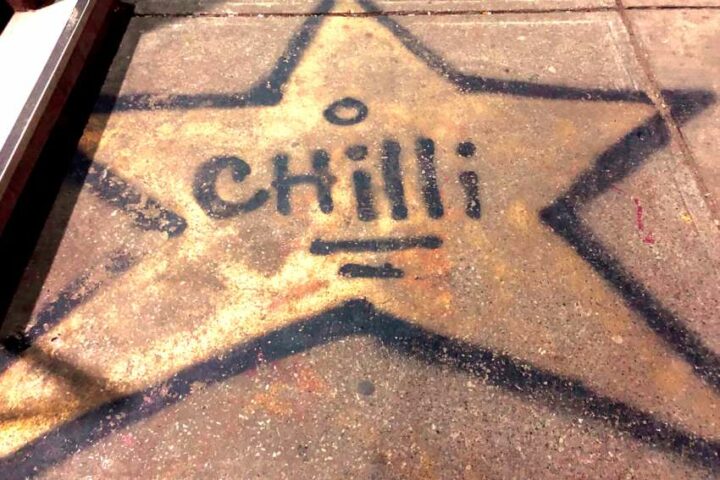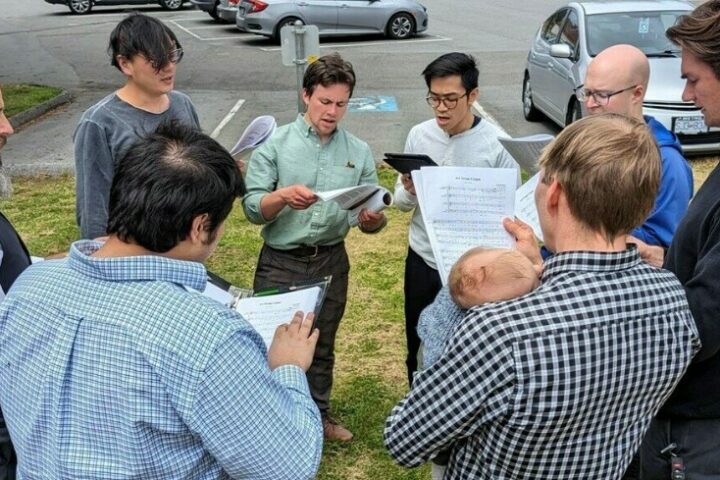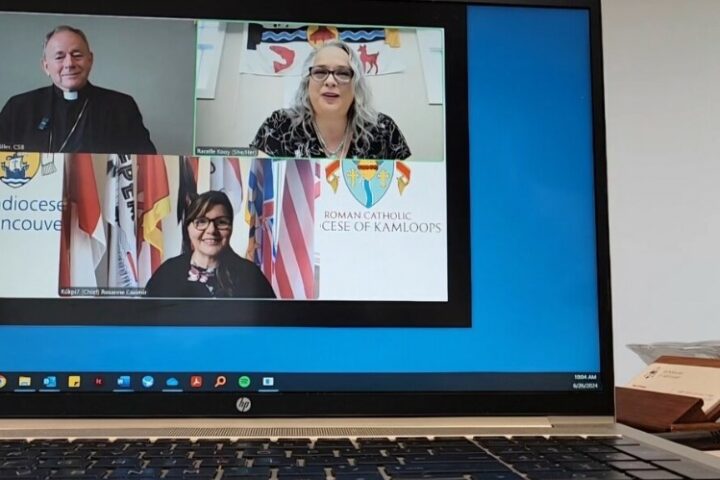By Lea Karen Kivi
It was a foggy winter night a decade ago. Standing alone, attired as a Prince of the Church wielding spiritual power, he was unprotected from the risks of downtown Toronto’s street life.
A few days before chancing upon Cardinal Thomas Collins, I had sat in a support group held by the Survivors Network of those Abused by Priests (SNAP). One man who had been abused as a child was exploding with rage as he shared how the particular bishop involved with his case refused to meet with him.
I was afraid to be in that room.
So, days later I felt equally afraid when I spotted Cardinal Collins illuminated by a streetlight on Queen’s Park Crescent. What if that wounded happened to be the one to cross his path that evening? Until his driver arrived to escort him safely away, I stood with the Cardinal, exchanging pleasantries to mask my concern.
Despite the desire on behalf of Church leaders and laypersons to consider the abuse crisis “dealt with,” the sort of rage that emanates from such deeply wounded souls as I encountered in the support group continues to exist.
An announcement by the organization Outrage Canada (www.outragecanada.ca) in November is the latest eruption from this volcano. The group launched on Nov. 2, All Souls’ Day, with the goal of “ensuring justice for victims of abuse” and “putting practises in place that will prevent other people from being abused by the Roman Catholic church.”
Among the group’s goals: requiring the reporting of sexual abuse “including admissions gained through confession” and that “an independent national reporting centre be set up by federal legislators to investigate all past and current sex crimes committed in a church setting.”
Survivor associations including SNAP, Advocates for Clergy Trauma Survivors of Canada, as well as the general lay group Concerned Lay Catholics figure among the prior lava flows manifesting the suffering and anguish caused by clergy sexual abuse in the Canadian Church.
However, unlike the relatively weak domestic impact thus far of the other groups, Outrage Canada is poised to cause a Mount St. Helens-scale eruption with its call for a national investigation. The group’s three founders include two lawyers who are frequently involved in civil lawsuits against the Church. Sadly, the cries of victim-survivors are rarely heard without the assistance of high-powered and high-priced lawyers.
Is such a federal inquiry the right approach to resolving the pain fueling this cry for justice and compassion? To answer this question, we need accurate data about what abuse has taken place and about how victim-survivor complaints have been handled. I agree with Outrage Canada that an independent, third-party reporting centre should be set up to handle clergy sexual abuse complaints. Data gathered from such a centre would help determine next steps.
Currently, what we read in the media about abuse is based on interviews with people having valid, but limited, perspectives of how cases are handled. Bishops and diocesan spokespersons focus on improvements that have been made, while advocates focus on stories they have heard from a limited pool of victim-survivors.
Another challenge to having accurate data on historical cases is that some complaints made against clergy might have been kept in the secret archives of dioceses to which only the bishop has the key. Such complaints may or may not have been reported to the police.
A third-party reporting centre would be helpful not only for data accuracy, but also for credibility and safety. When any organization is seen as investigating itself, as sincere and noble an effort as it might make, the outcome will not be perceived as credibly as one conducted by a neutral third party.
Some victim-survivors have told me that they found the official diocesan complaint handler to be intimidating and so they did not go forward with their complaints. Sometimes the person handling a complaint is a priest who may not be “trauma informed” and whose clerical garb may be triggering for a potential complainant. If investigators are not trained in recognizing how trauma victims react to incidents of abuse, they might wrongfully find a victim not credible.
The victim-survivors I have interviewed have been open to meeting with bishops to discuss their concerns. Let’s pray that any such meetings will be held between Church leaders and victim-survivors in circumstances where all participants will be safe to address the root causes of the rage.
Lea Karen Kivi is the president of Angela’s Heart Communications Inc., whose services include reconciliation and alternative dispute resolution in clergy sexual abuse situations.
The Catholic Register/Canadian Catholic News



